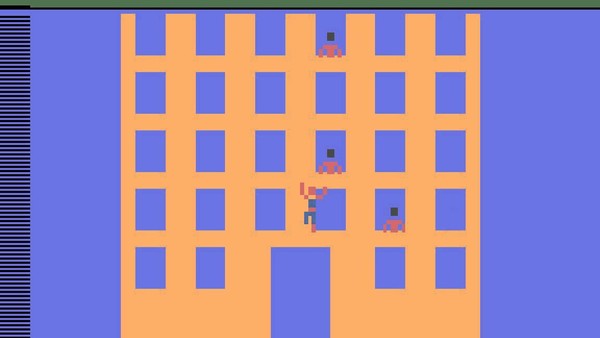Why There Aren't More Truly Great Superhero Games
6. The Early Years

In the '80s and '90s, publishers like LJN infamously attempted to cash in on any mainstream licence they could get their hands on, resulting in absolutely terrible superhero games like The Uncanny X-Men, Spider-Man and Howard the Duck.
Again, there were gems to be found in between the fluff, with the arcade X-Men and Spider-Man beat-em-ups being particular highlights. For the most part, though, it was a free-for-all, with publishers attempting to get their own licensed games out in the wild so they could sit back and let the money flow in as fans lapped up anything they could get their hands on.
It didn't help either that the studios who owned the characters viewed games as mere adverts for movies, often made with part of their marketing budget, either to boost ticket or toy sales. Regular game developers usually only have to answer to their publishers, but a third layer of control is added when dealing with characters another company owns. Reflecting on the pressure this added earlier this year with vg247, James Parker, the lead in charge of the ill-fated Catwoman video game tie-in, said:
“All the things that can go wrong with game development are compounded within a movie tie-in. The goalposts are moved as the story or contents of the film change, and having several layers of approval – often from people who neither understand nor care about the game adaptation – means that schedules can be thrown off by no fault of of the developers, and all the time they’re facing down an unchanging release day."
This mentality continued right into the 2000s, with immovable release dates compounding convoluted development processes where even the smallest changes to a character's design or line of dialogue had to be approved by producers whose main focus wasn't on the game itself.